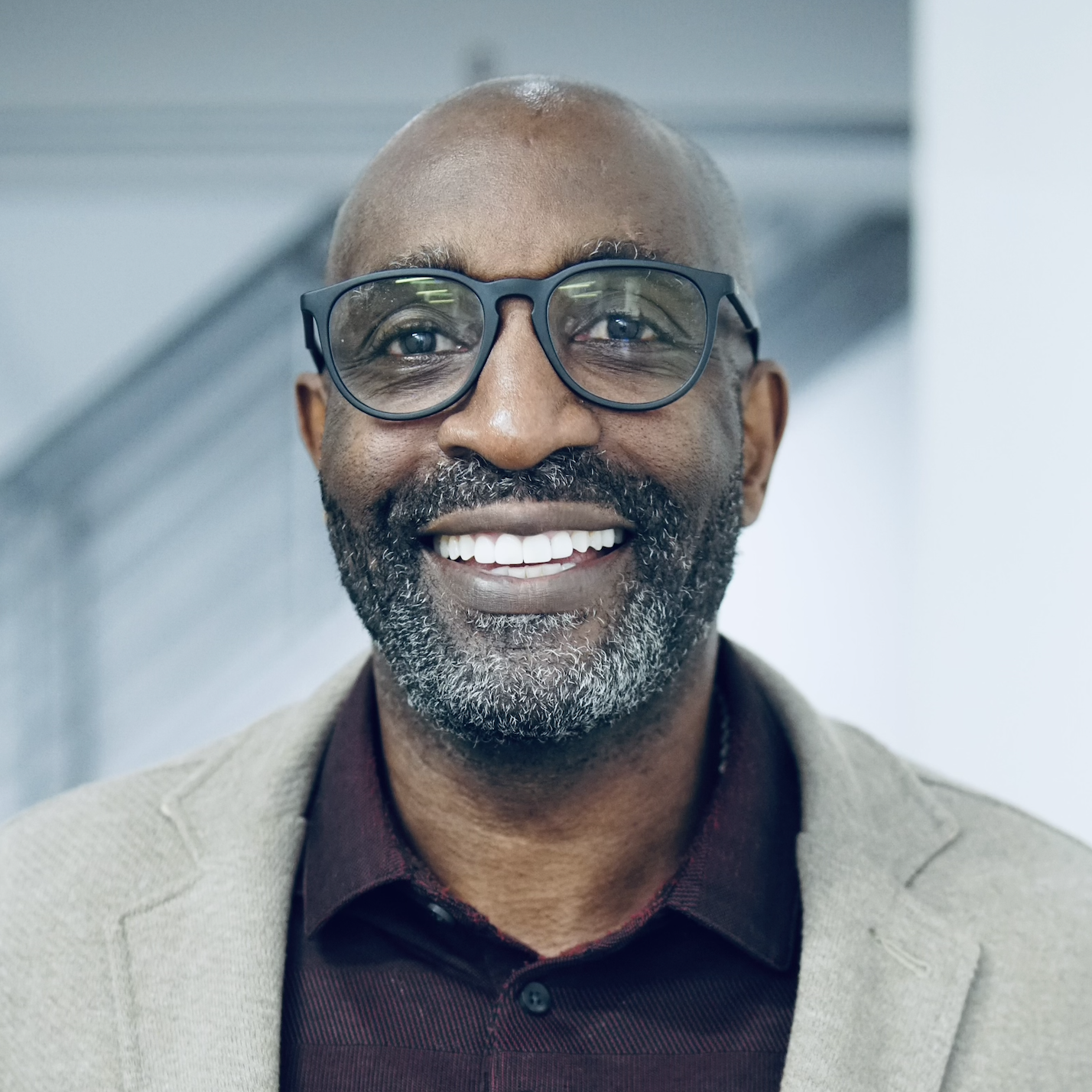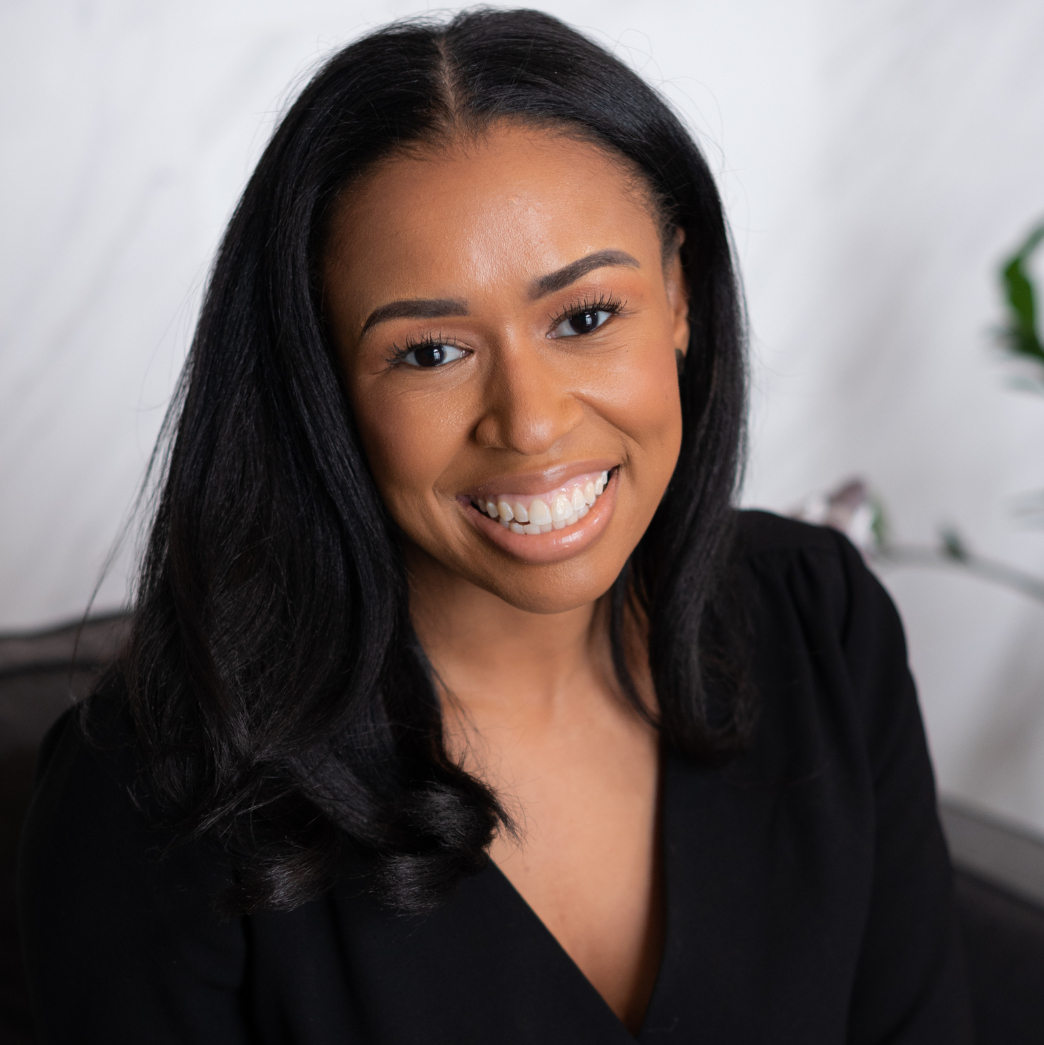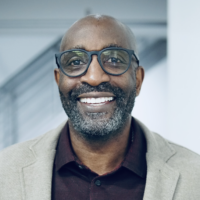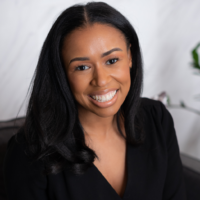

Chukes Okoro Okezie Okoro
The HAND network is working hard to confront the growing housing affordability crisis in the Capital Region. Through our “Five Minutes With” series, we spotlight the voices and visions of our members who are shaping this work. These informal yet insightful conversations dive into their current projects, perspectives on the affordable housing landscape, and more.
In this edition, we sat down with Chukes Okoro, Founder and President of Okoro Development. Our conversation explores his inspiring journey into real estate, his passion for knowledge-sharing, and the exciting next chapter for his company. Spend the next five minutes learning more about Chukes’ origin story and his bold approach to community revitalization.
===================================================
HAND: Let’s start with your origin story. What inspired the launch of Okoro Development, and what problem were you hoping to solve in the real estate space?
Chuckes: I originally started my career as a computer programmer, moving from England to the U.S. in 1998 to pursue it. In 1996, when I was still in England, I bought and renovated my first vacant property. The experience of enhancing the aesthetic and atmosphere of a street by removing a single dilapidated property left a lasting impression on me. Soon after moving to the U.S., I realized that my energy and passion lay in transforming blighted and disenfranchised areas back into functioning communities. I started our real estate company, Okoro Development, in 2003, and over 50 property developments later, I stand before you today.
HAND: Can you share a success story that highlights the kind of impact Okoro Development strives to have?
Chukes: Our focus as a company is on transforming blighted properties and areas into thriving communities. In downtown Baltimore, we have been working on a multi-year rehabilitation project, bringing in apartment housing and minority-owned businesses. Recently, we transformed a previously 20-year vacant building into a 17-unit mixed-use property during the height of uncertainty around the COVID pandemic. The building now sits 100% occupied.
HAND: Okoro places a strong emphasis on supporting emerging developers. Can you talk about what that support looks like in practice?
Chukes: We work with individuals or entities on an hourly or extended period basis, utilizing our technical resources, personal connections, and knowledge that we have built over 20 years, to ensure successful project delivery. For instance, we help clients ensure that projects are financially viable, remain within budget, and follow strict timelines.
HAND: How do you approach knowledge-sharing? What kinds of skills or insights do you find are most critical to pass on to developers who are just starting out?
Chukes: Ultimately, we learned that real estate development is a marathon, not a sprint. The best teacher is experience, whether you learn from your own experiences or you learn from the experience of more seasoned professionals.
We think about real estate development within a 5-pronged framework:
📈 Financial Feasibility Modeling: Test your project’s financial strength before you go forward.
🏦 Lender Relationship Development: Connect with the right lenders and present your project professionally to secure funding.
📝 Project Schedule Creation: Build a realistic, actionable project schedule to keep your development on track.
🏗 Construction Budget Creation: Create a detailed budget to control costs and minimize surprises.
👥 Project Team Selection: Choose the right architects, engineers, and contractors to fit your project’s needs.
HAND: One of your goals is to create a network of like-minded businesses. What qualities or values define that community for you
Chukes: For us, it’s simple: people who are committed to supporting communities evolve, focusing on elevating underrepresented populations, and working professionally and honestly.
HAND: What advice would you give to someone who wants to break into real estate development but doesn’t know where to start?
Chukes:
- Learn from experienced professionals: You won’t always have the answers, but there will be other people who do.
- Stay flexible and nimble: Development isn’t always smooth sailing, and you will need to be ready to pivot as necessary.
- Start small: Don’t be afraid to start with smaller properties. You may have dreams of developing a large commercial property, but you will struggle to make it work if you don’t have any experience. Don’t be afraid to start with the small 2-unit rowhouse initially.
HAND: What’s on the horizon for Okoro—any new initiatives or collaborations we should be watching for?
Chukes: As developers, we are working on our largest redevelopment to date, a 50+ unit mixed-use property, with 48 apartment units and 3 commercial spaces, within the same downtown Baltimore corridor where we have redeveloped various derelict properties.
As consultants, we are looking to support clients with projects that they are looking to get off the ground. We offer a free 30-minute consultation for ongoing or one-time support. Schedule a 30-minute free consultation.









